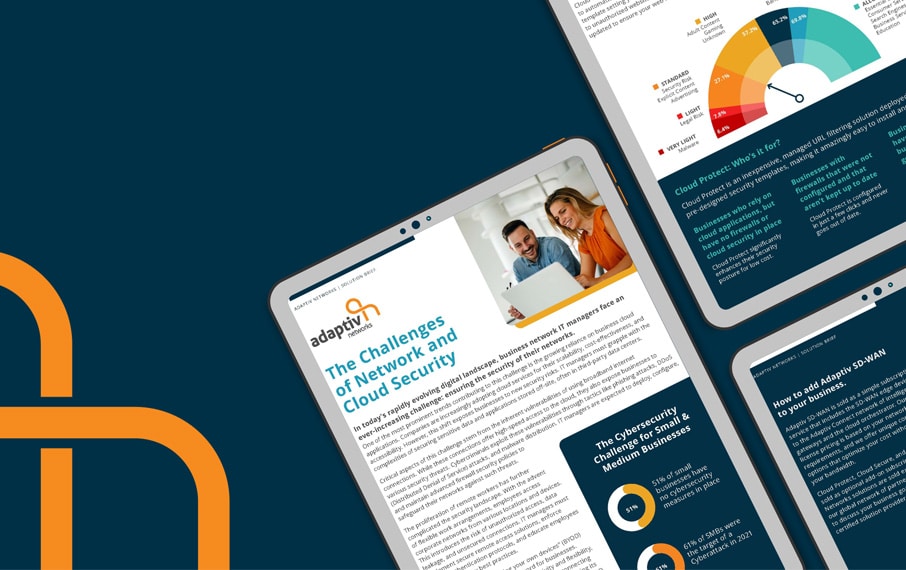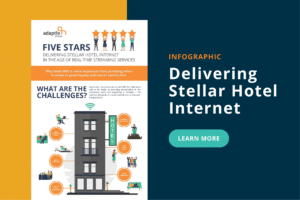The number of employees working from home (WFH) has grown significantly due to COVID-19. Even after this workforce returns to a traditional setting (as the pandemic subsides) remote work is expected to increase, nearly doubling over pre-pandemic levels to over 36 million by 2025. As a result, companies need to ensure their remote personnel (WFH or road warrior) get their work done securely, while also addressing the increased cost and complexity of managing remote VPN access.
Hybrid workforce is becoming the new normal
It’s clear that the Covid-19 pandemic has had a lasting impact. WFH employees are largely satisfied with remote work, employers like the productivity bump, and employees are saving an estimated $4,000 per year[1] in commuting costs. It is safe to say that “working from home” and “working from anywhere”… are here to stay, favored by employers and employees. According to Workforce[2], over 41% of employees worked remotely full or part-time by the end of 2020.
VPN – a traditional but costly approach
Many companies connect their employees securely with Virtual Private Networks (VPNs) which remain suitable for some purposes. The VPN encrypts all the data coming to and from the internet and creates a ‘tunnel’ between the employee’s device and the employer’s corporate servers, allowing only verified users to access corporate email, files, databases, and applications.
Companies with many remote users often also invest in a VPN concentrator, a router that can simultaneously handle hundreds of VPN connections. However, ongoing costs for concentrators can be high, as they are priced according to total throughput. Generally, the higher the throughput, the more expensive the VPN concentrator.
Lockdowns expose VPN limitations
Installation of a VPN for new users is a time-consuming and expensive task. Never so painfully experienced as in 2020, when the pandemic abruptly forced millions of office employees to work from home full-time. Each employee, many of whom never used a work PC away from their office, had to learn to install and use a VPN. Often unable to do so, they called an overstretched IT department for help. Productivity for both the remote workers and the IT staff plummeted. As the number of VPN connections grew, the corresponding need for bandwidth exceeded the negotiated or physical limits of the VPN concentrator. The computational operations required to continually route, encrypt, and decrypt traffic caused performance to suffer.

Remote employee devices need to be thought of as part of a wide area network, under the same umbrella and subject to the same policies and controls as traditional corporate office sites. Employers need to provide their work from anywhere employees a frictionless connectivity solution that will allow them to gain robust and secure access to corporate applications and resources in a cost-effective manner. This solution should be simple to install and easy to maintain, with the maintenance done off-site, not by each remote worker. The solution needs to provide secure access to the corporate network, without disrupting the user experience for business cloud apps like Microsoft Office and Salesforce. It needs to intelligently optimize the use of bandwidth instead of creating bottlenecks in the corporate network. It should keep remote workers connected even when the primary internet connection fails, and it should scale efficiently.
The solution for secure, scalable remote connectivity
Adaptiv My Connect is a unique connectivity solution that provides frictionless, agile, and secure remote connectivity for the hybrid workforce. It runs on Adaptiv Networks cloud infrastructure, so there’s no need for a VPN concentrator. Adding new users is easy, a My Connect license is provisioned by email and simply installs as an app on the remote employee’s personal computer. Professional email support is included as part of the My Connect service, so that’s one less hassle for the IT team to worry about.
Centralized monitoring and management is done through the Adaptiv | Cloud portal, and this function can be performed either by the corporate IT team, or by an Adaptiv certified service provider as part of a fully-managed service. Adaptiv My Connect also saves corporate bandwidth by eliminating the Internet backhaul and bottleneck issues that can ruin performance for VPN users. Advanced features like intelligent session-based path steering, dynamic forward error correction (FEC), and seamless multi-link failover boost productivity by enhancing application quality and reliability for remote workers.
Adaptiv My Connect is the simple cloud-managed solution that adds security and performance to any Internet connection, enabling hybrid workers to work from anywhere with greater confidence. In today’s world, with so many people working remotely the need for secure, reliable broadband internet connections has never been higher. A VPN will no longer suffice, contact Adaptiv Networks today to find out how to put My Connect to work for your business.
[1]6 Ways Working from Home Will Save You $4,000 or More Annually | FlexJobs [2]Economist Report: Future Workforce | Upwork









